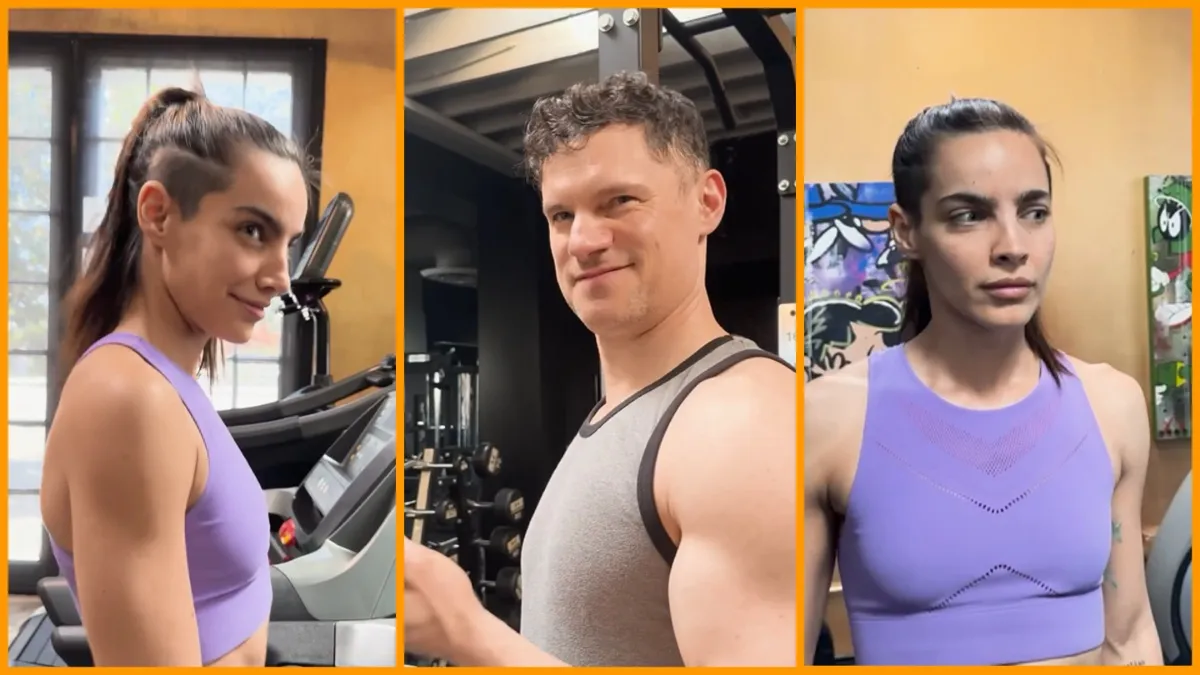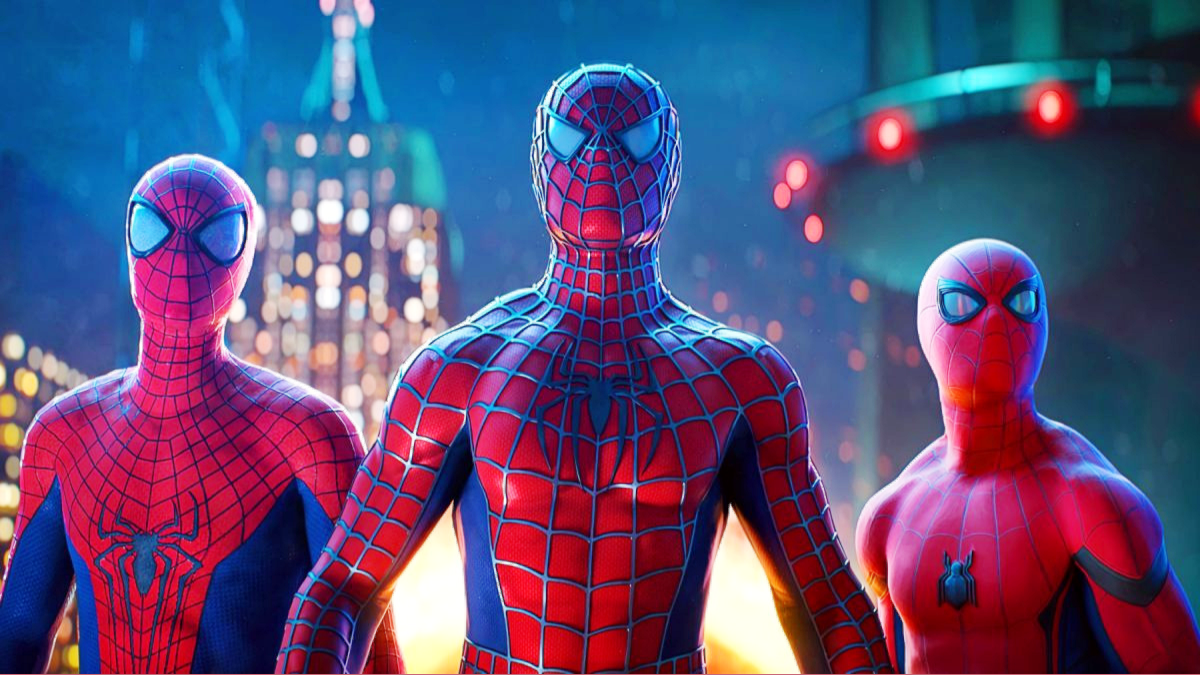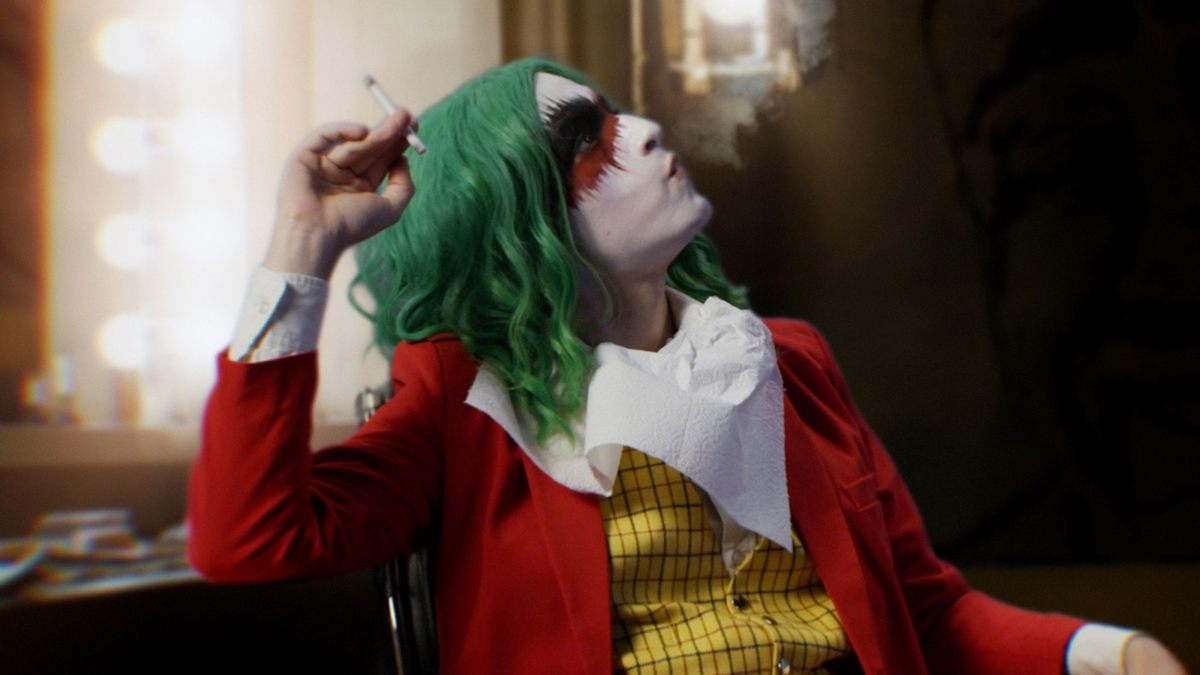
With his latest film, Killing Them Softly, already receiving generally positive reviews from its premiere at Cannes as well as its early release overseas, director Andrew Dominik is out doing the press rounds in order to drum up excitement for the film’s November 30th release in North America.
Based on the novel Cogan’s Trade by George V. Higgins, Killing Them Softly is a crime film that follows “professional enforcer Jackie Cogan (Brad Pitt), who investigates a heist that occurs during a high-stakes, mob-protected poker game.” With a cast led by Pitt and filled with supporting actors like Richard Jenkins, James Gandolfini, Ray Liotta and Scoot McNairy, the talent on display for Dominik’s third feature film is certainly impressive.
Earlier this week, Andrew Dominik sat down with us to discuss all things Killing Them Softly, including the casting process, his choice of songs for the soundtrack, the running political commentary throughout, shooting in New Orleans and more.
Check it out below.
We Got This Covered: You updated the setting in the film to something more contemporary and placed a heavy focus on the 2008 financial crisis, what was your motivation behind that?
Andrew Dominik: The financial crisis was lingering around when I first got into the novel and I realized that the novel itself was the story of a financial crisis. It was a financial crisis in an economy that was supported by gambling, which in a simplistic way, was kind of what was going on in the world at that time. I always felt that crime movies are about the organism of capitalism functioning in its most basic form, so I felt like I had the opportunity to use one to comment on the other. And that’s where the idea started to form.
We Got This Covered: There’s a strong, overt political commentary running through the film that many feel was a bit distracting. Why did you feel the need to make that commentary so apparent and heavy handed and do you not feel like that takes away from other aspects of the film?
Andrew Dominik: Well, there’s no way to draw a parallel without doing it.
We Got This Covered: But did it need to be so in your face?
Andrew Dominik: Ya, I mean, some reviewers have criticized that aspect of the film but if I recall, at that period in time, you couldn’t turn on the television or get in your car and turn on the radio without hearing about the financial crisis. At that time, the financial crisis was f**king everywhere.
We Got This Covered: Why did you choose to shoot in New Orleans
Andrew Dominik: We wanted to shoot somewhere where the economy had collapsed. So we couldn’t shoot somewhere like NYC or LA, know what I mean? Also, the US offered the best rebates, so we wanted to shoot there. It came down to New Orleans or Detroit and really, it came down to the fact that New Orleans isn’t that cold, which was beneficial to us since we were shooting long dialogue scenes set in parked cars. We didn’t want the actor’s faces to freeze.
We Got This Covered: One of the film’s more violent scenes was presented in slow-motion, any reason for this? Was it just for the “ooo-ahh” effect?
Andrew Dominik: Well yes, it’s a little bit of that, but it was more to give audiences a break at that point in the film. Up until then, there was a feeling of violence that builds up in the movie and I felt it would be a good idea at that stage to let the pressure off, so that it could get heated again.
We Got This Covered: Tell us about the soundtrack of the film and why you picked some of the songs that you did?
Andrew Dominik: Well the idea behind the film itself is that it’s a bit of a cartoonish film. It’s not so subtle, it’s almost like a political cartoon. You got the background action commenting on the foreground action and I wanted to do something similar with the songs. I wanted to give this feeling that the whole world was talking to you or the whole world was orchestrated to comment on everything else that was going on. So the songs were chosen for that reason. When I got into it though, I found myself doing less of that. And, I mean, some of those songs were in the script and were always going to be part of the film but some of them were just things that we f**ked around with later.
Continue reading on the next page…






